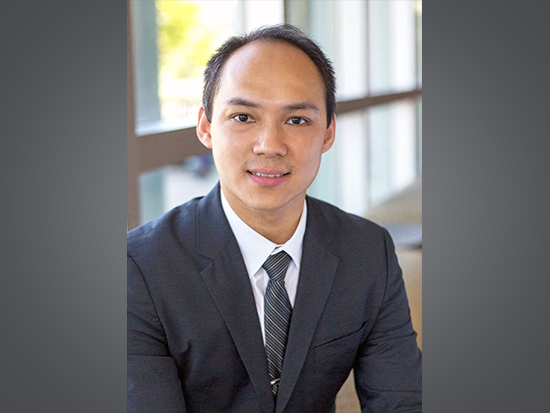Media contact: Savannah Koplon
 Cheng-Chien Chen, Ph.D. Cheng-Chien Chen, Ph.D., assistant professor in the University of Alabama at Birmingham’s Department of Physics, has received a three-year, $300,000 grant from the United States Department of Defense Air Force Office of Scientific Research to model and predict how external strain and pressure can induce structural, topological and magnetic transitions in magnetic topological systems, such as europium-based compounds EuCd2As2 and EuCd2Sb2.
Cheng-Chien Chen, Ph.D. Cheng-Chien Chen, Ph.D., assistant professor in the University of Alabama at Birmingham’s Department of Physics, has received a three-year, $300,000 grant from the United States Department of Defense Air Force Office of Scientific Research to model and predict how external strain and pressure can induce structural, topological and magnetic transitions in magnetic topological systems, such as europium-based compounds EuCd2As2 and EuCd2Sb2.
Topological materials exhibiting symmetry-protected electronic structures have raised significant interests in condensed matter physics and materials science. The success of this program will help develop next-generation quantum metrology devices for extremely precise measurements, low-energy consumption spintronics devices with topological currents, and novel optoelectronic sensors built on distinct dynamics of gapless Dirac electrons.
“The goal of this study is to have the ability to control magnetic and topological properties without the need to apply external magnetic fields, which can open revolutionary opportunities for the U.S. Department of Defense in creating next-generation device technologies,” Chen explained.
“This grant will grow my research portfolio spearheading innovation of several technological devices and can lead to discovery of exotic quantum phases of matter like axion insulator, Majorana fermions and anomalous Hall effect, with potential topological quantum computation and spin electronics applications,” Chen said.
The U.S. Department of Defense Air Force Office of Scientific Research granted this award to accomplish its mission of maximizing utilization of air space by investing in basic research efforts in relevant scientific areas. It transfers the fruits of basic research to the academic community, which can lead the way to advanced applied accomplishments.
